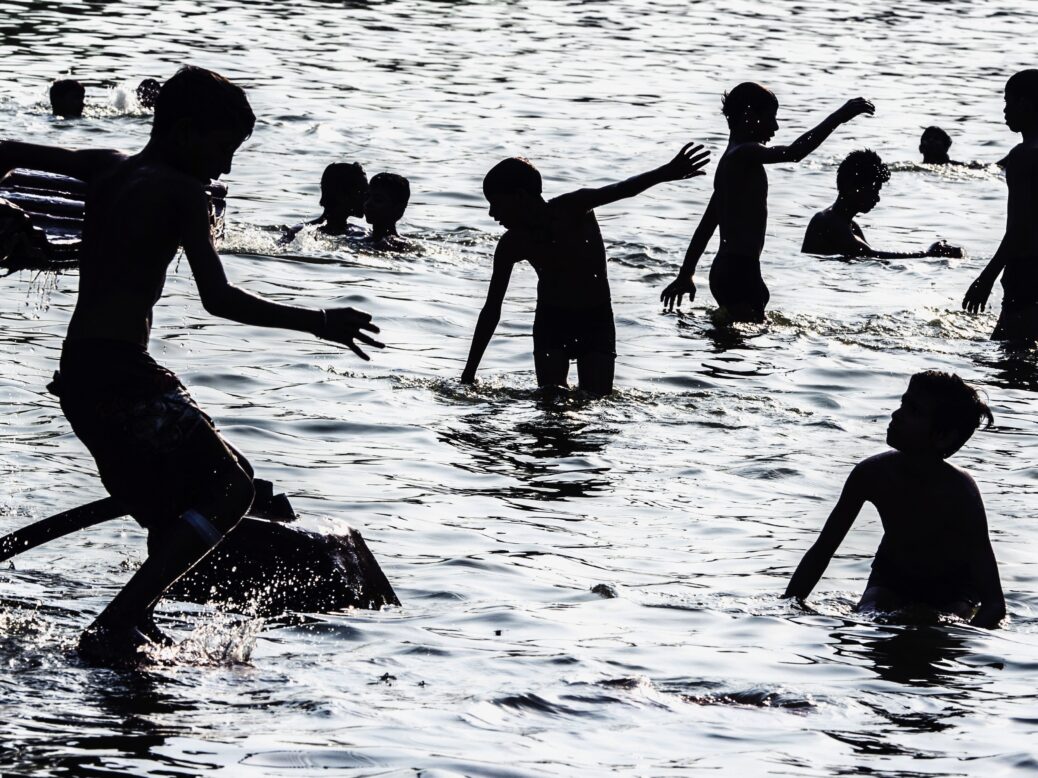
“I often wonder – what was I going to be like? The day he touched me, did he squeeze and kill whatever I was going to be?” Such a cogent way to describe the viper pit of pain caused by sexual abuse. It’s one of many crushing lines in a new podcast, available weekly on BBC Sounds (started 27 August), about the Olympic swimming coach George Gibney, accused of abusing young swimmers in Ireland between the 1960s and 1990s, and since disappeared, unpunished. The podcast sets out to find him, its makers sitting in cars outside suburban houses waiting for garage doors to rise, hoping they’ve found Gibney at last.
If that sounds crassly theatrical, it isn’t. Most of the first two episodes (there are eight further to come) are full of men and women speaking calmly about their experiences as Gibney’s prodigies. They look at photographs of themselves aged nine in swimming togs, on the sides of heavily chlorinated, September-cold Dublin pools, poised to dive – so disciplined, so obedient – and can scarcely believe they functioned at all: went to school, joked with parents, ate lunch, walked in straight lines, all when they were being raped by Gibney every day. He stalked them too, following them down the street, standing in their gardens, watching.
We hear, painstakingly, how this happens: chaos as savage as a sledgehammer through a skull, while nobody else seems even to notice. In one archival snippet, a television interviewer in the 1980s is so obsequious to Gibney that I winced. She marvels at his “commitment to sport” and to his students, and encourages others towards awe too. “If the coach isn’t there, the pool isn’t open,” someone else adds, “so he never takes a morning off!”
This is surely the perfect illustration of how well people like Gibney hide in plain sight. And how profoundly that speaks to artistic myths of the teacher – this person (supposedly) there to shape and push you harder than you ever thought possible. Which goes back to the deep, dark connections we have drawn since the beginning of “culture” between art and suffering. The “tough but brilliant” coach. How dangerously disposed we are, us humans, to admire.
Where is George Gibney?
BBC Sounds






